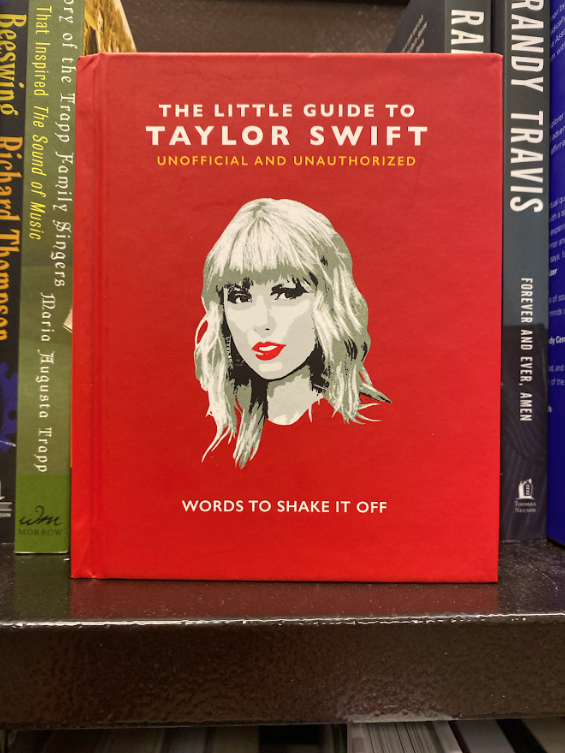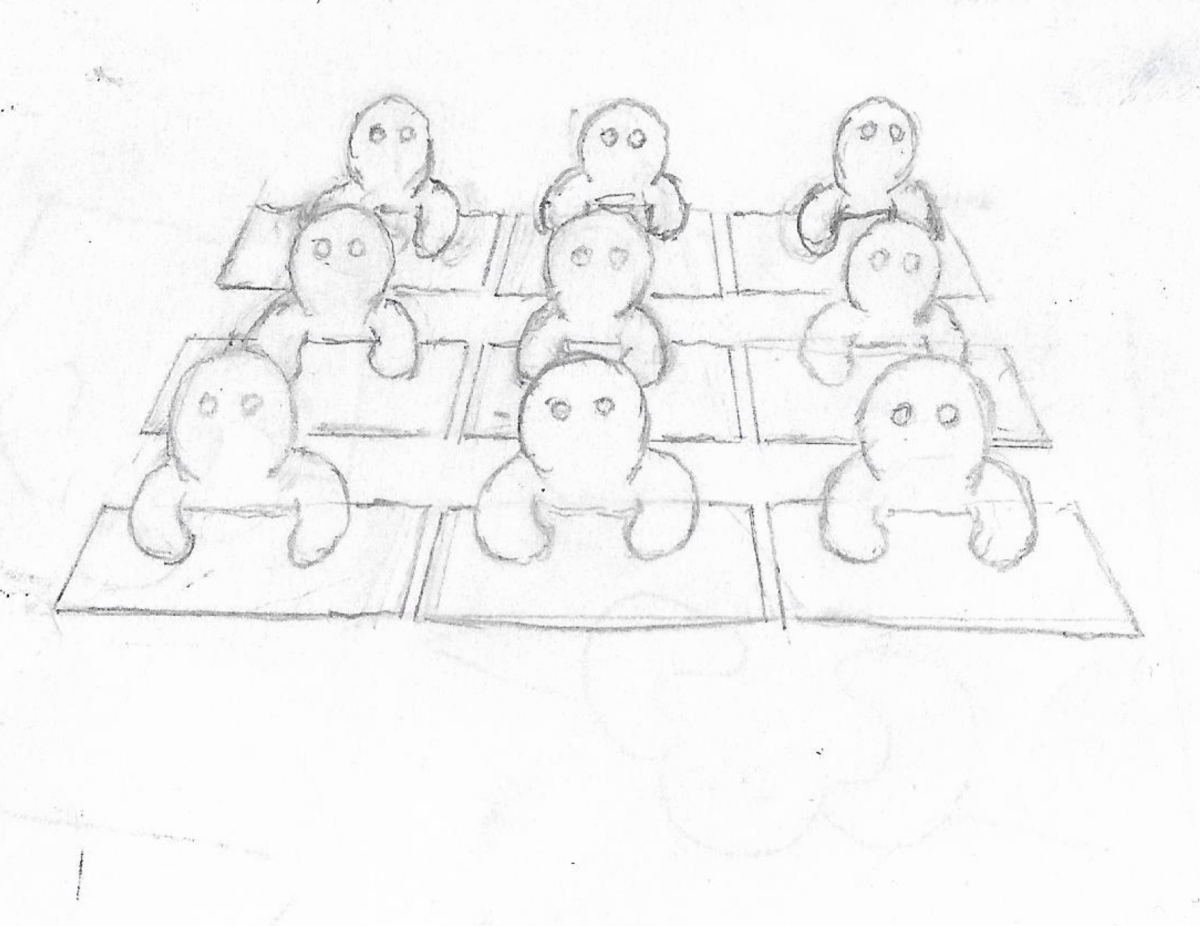The Future is Female: Young Women Discuss Leadership on Campus
Dublin High School is home to some of the most impactful, powerful women in our community. From principal Maureen Byrne to leadership director Kelly Beck, women pursue and initiate change on this campus. However, its student leaders are nothing short of incredible. Passionate and driven, they lead clubs that promote female empowerment, motivate Lady Gaels on our sports teams, and perform in harmony with fellow women by their side. To honor the past Women’s History Month and the developing influence of women on our country’s progress, the Dublin Shield decided to showcase the challenges, successes, and guidance of several young women who have exhibited leadership.
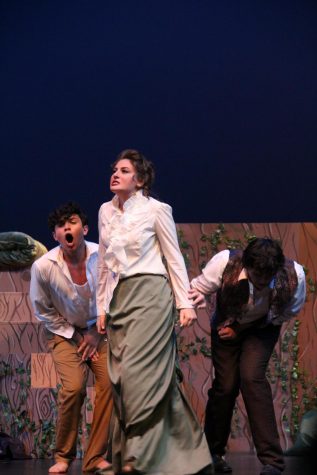
Even today, in a society where women are given the opportunity to join the work force and be seen as more than merely a “housewife”, the negative stigma surrounding the female population is still present, and, unfortunately, prominent. Whether it be regarding female athletes, actresses, or even those interested in a field of STEM, it seems as though when the term “female” is added to the equation, the overall worth and relevance is drastically degraded.
Senior and Varsity Golf Captain, Julia Kang explained, “The biggest challenge that I faced was leading the team when some of my teammates feel they have been put down because they are a female athlete. I make sure everyone on the team just focuses on our goal not on the words of others.”

President of Girl Up and Managing Editor of the Dublin Shield, sophomore Kaushikee Nayudu knows that there are challenges. She stated, “There are so many misconceptions about feminism and women’s rights that have always presented challenges. When I founded Girl Up, it was partially because of the traces of subtle sexism in our community that I had discussed with other friends. I found that we had inadvertently normalized these instances and unconsciously accepted them and was motivated by a desire to help change them. Further, there have been several who have told me that it was useless to advocate for women’s rights because there was little else that could be done or that a group of students couldn’t affect change. Though I’ve been incredibly fortunate to have a great, supportive network, it’s still easy to be dissuaded that the work of students is ineffectual.
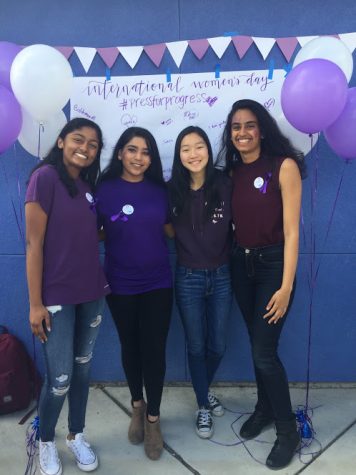
Being a woman of color presents additional challenges for our student leaders. Many stereotypes about women of color include the overwhelming premise that they have to conform themselves to the expectations and prejudices of their race. Asian women are pushed into the social norm that they have to be skinny models with porcelain skin and unrealistic facial features – but also intelligent (often pursuing a career in law or medicine) and perfectly capable. African American girls are often told that they have “white” features if they are high-achieving or eloquent. Latina women are incredibly diverse – not necessarily fiery-tempered women who don’t speak English and are a part of the working class. It is clear that prejudice against women of color prevents women from thriving as leaders.

“I would say the biggest challenge is when people dilute success or accomplishments because of my gender and race,” senior, Kylie Burke stated. “Tons of people told me that getting into college was going to be extremely easy because I was a smart woman of color.” However, as an FMP Executive Board Member and one of the students who initiated DubVersity Week, it was clear that Burke would not be getting into college for her skin color, but on account of her hard work, determination, and perseverance. “It’s frustrating because people sometimes unknowingly put you into a box and make you feel like your race or gender outweigh your work ethic. But that isn’t the case and I guess the best way to combat that is to leave no room for doubt. Work hard and prove yourself.”
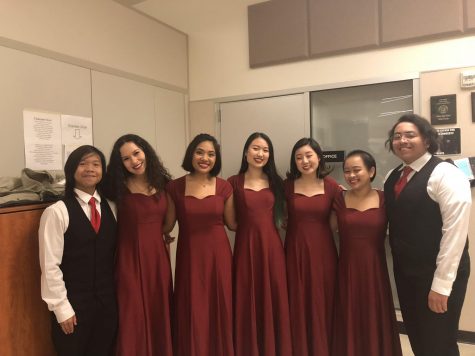
However, not only do women face struggles regarding their physical qualities – they may also struggle mentally. Whether it be a result of the stifling environment they’ve grown accustomed to, it is evident that the negativity aimed towards females is not healthy for the individual themself. Because it is one thing to have hurtful remarks made regarding your race, sexuality, or intelligence – and another to actually start believing them.
“I’ve had a hard time throughout my life with anxiety and depression,” senior, Nicki Butler admitted, “but I’ve found that writing and theatre is such a great way to free myself from negative thoughts and feelings.” As the writer and director of, “Write for the Job,” a One Act about a young girl striving to become a journalist in the 1960s, Butler herself is definitely an advocate for women’s rights, saying, “[T]he future is female, and females are strong as hell.”
Other young women and aspiring leaders should know that they can make a difference, regardless of their gender. Women can do anything that they set their minds to. They make wonderful nurses and teachers, but they can also aspire to be brilliant engineers, charismatic politicians, and most importantly, courageous leaders. Throughout the world, as seen with social movements like the Women’s March, women drive social change and take baby steps toward equality. Observing and applauding our female leaders in action makes the fact that the future is female incredibly clear.
The student leaders end with a few remarks of advice for any aspiring leaders (both female and male) on campus. Kaushikee Nayudu declared, “I want to tell all the girls whose success has been devalued because of their gender that they have every right to be confident in their accomplishments. Never be afraid to challenge expectations and surround yourself with individuals who will support you and help you grow.”
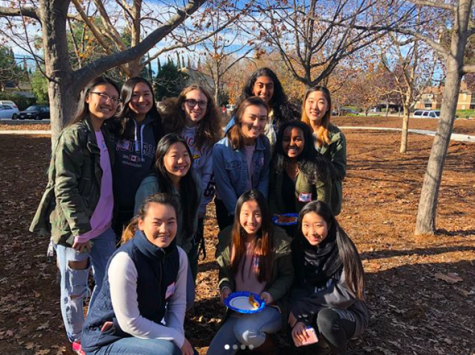
CSF president and community leader Sruthi Mukkamala brought up the importance of cooperation. She stated, “Being a leader in my world doesn’t mean tell others what to do, but rather to do WITH others, because at the end, that when a stronger group mentality arises as a role model. Never back down on who you are and what you believe. Don’t let others suck the uniqueness out of you. And don’t be afraid to use your voice!”
Possessing a straightforward perspective, Julia Kang stated, “My advice for aspiring girls is put in the hard work and your hard work will do the talking for you. It’s all about focusing on the things you can control such as how much time and energy you put into what you want, and ignoring what you can’t control, such as other people’s words.”
Nicki Butler wanted girls to realize that sometimes leadership isn’t being in the spotlight. She expressed, “I want others to know that being a leader doesn’t always mean being recognized or seen. Some of the most important work leaders do is never seen. My advice for other girls would be to challenge what society tells you you can be. We should always be working to empower the girls around us and spreading love and confidence. Remember that feminism is all about creating a world with equal opportunities for all people. Feminists aren’t asking for a head start, we’re asking for a fair race.”

Christine Haggin urged girls to be proud of their accomplishments. It’s one thing to be arrogant, and another to acknowledge that you’ve done something well! “Never EVER downplay your own accomplishments!” she passionately exclaimed. “If you’ve done something amazing, be proud of it! When you take ownership of your successes, it’ll inspire you to keep doing more things you care about. It’s easier to be productive when you view your work ethic and achievements a lot especially freshman – sophomore year with being proud of my intelligence, or projects I put a lot of work into, which ended up hurting my self esteem. Especially when it comes to girls, I think there’s this dangerous stigma against confidence that needs to be broken!”
In the end, it is clear that women stand strong when they are united for equality and empowerment. Kylie Burke declared, “My advice to struggling girls is to keep fighting because there is always someone watching. Your accomplishments will be admired by so many other girls wanting to succeed and break through barriers very similar to your own. So fight for each other rather than against each other. We are so much stronger together.”
Your donation will support the student journalists of Dublin High School. Your contribution will allow us to purchase equipment and cover our annual website hosting costs.

Ashley Kim is a senior and the Editor-in-Chief of the Dublin Shield. She has been on the school newspaper for three years and is excited for her fourth!...

Danielle Tran is a senior at Dublin High and one of this year’s Editors-in-Chief. She holds a deeply-rooted passion for writing, and has dreamt of becoming...

Kaushikee Nayudu is a senior at Dublin High and the Editor-in-Chief for the Dublin Shield where she enjoys writing articles covering a diverse range of...

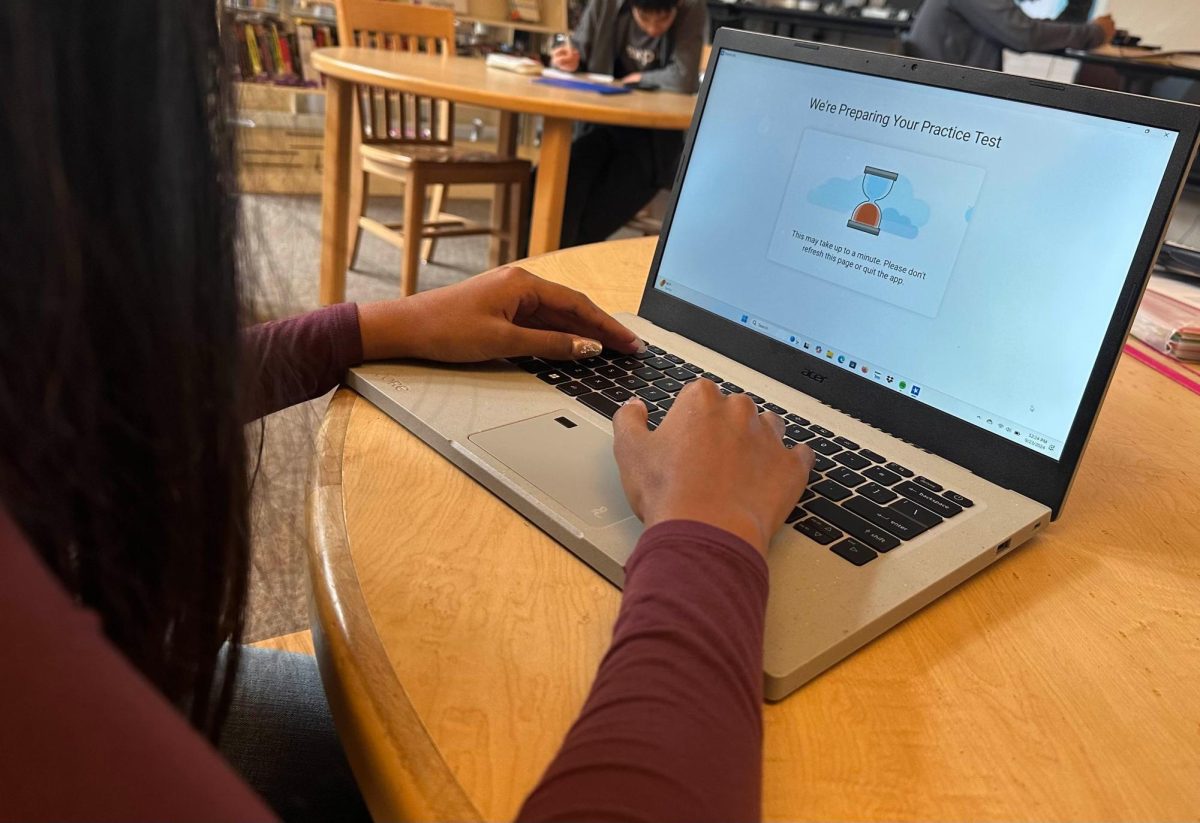





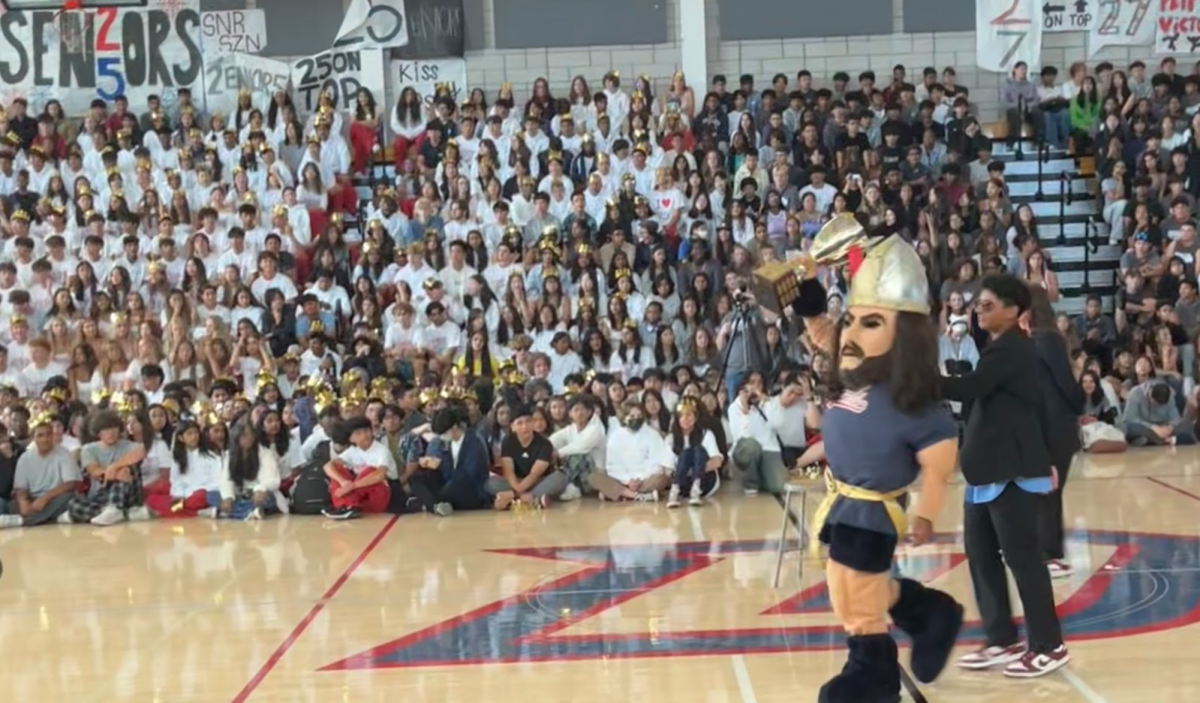
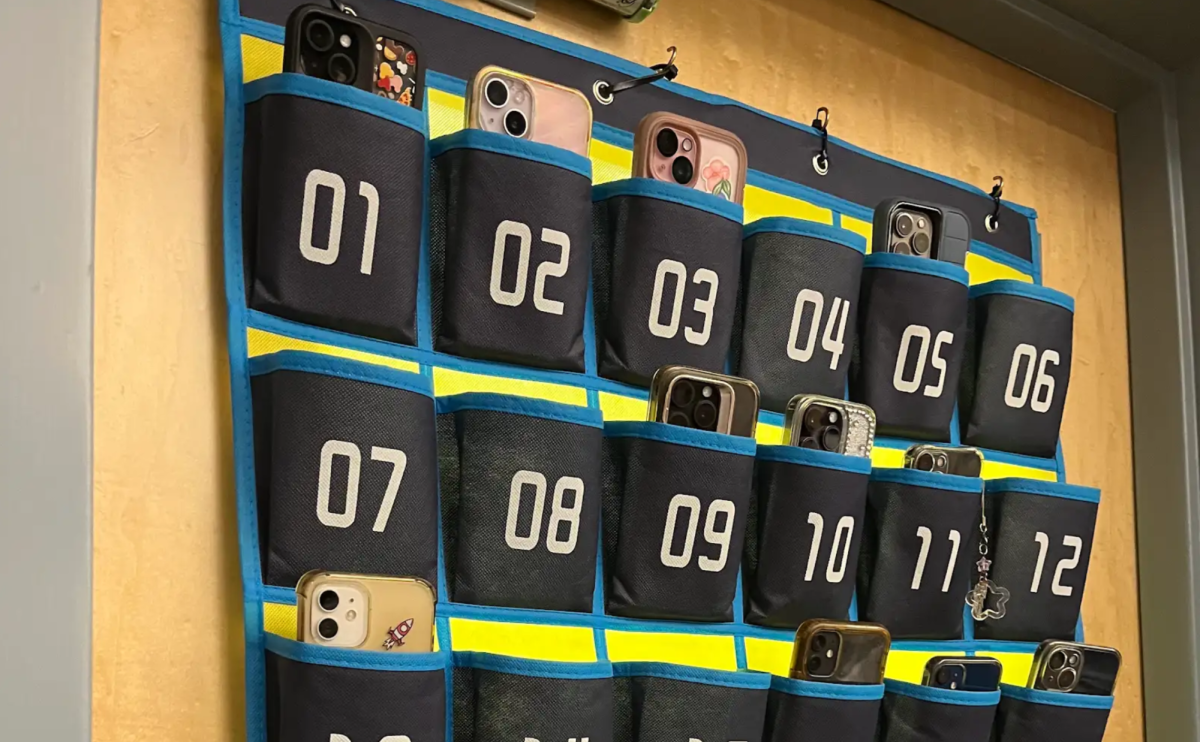


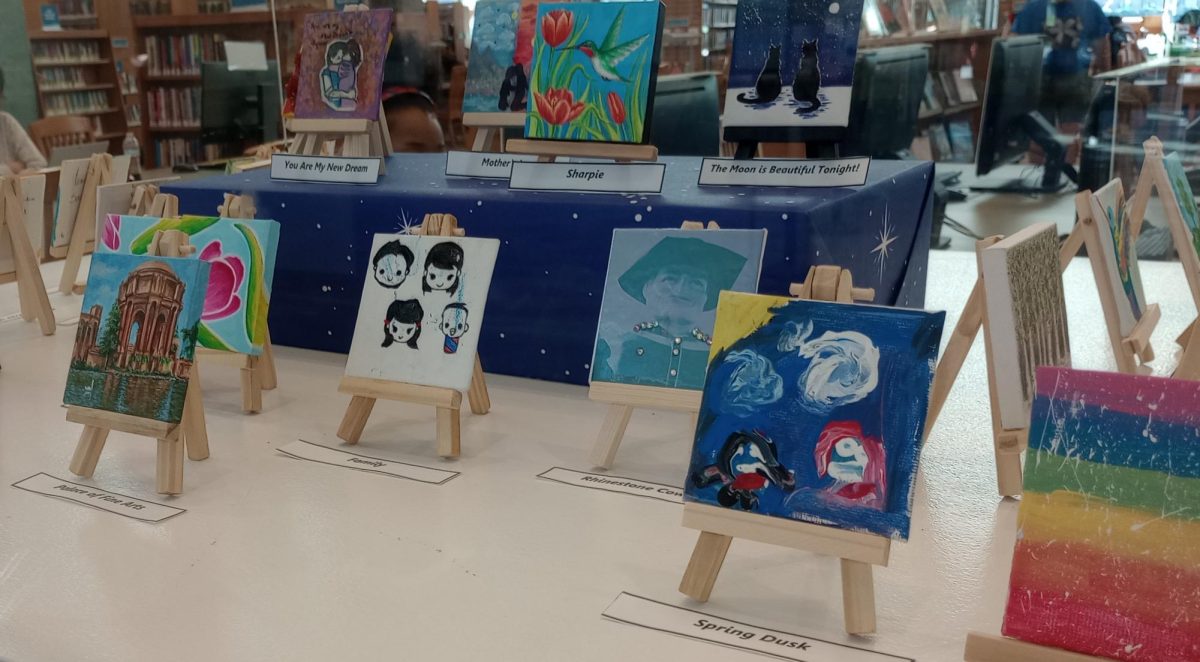

![[Book Review] Weapons of Math Destruction: The insidious danger of Big Data](https://thedublinshield.com/wp-content/uploads/2024/06/wmdsarticle-727x1200.jpg)
